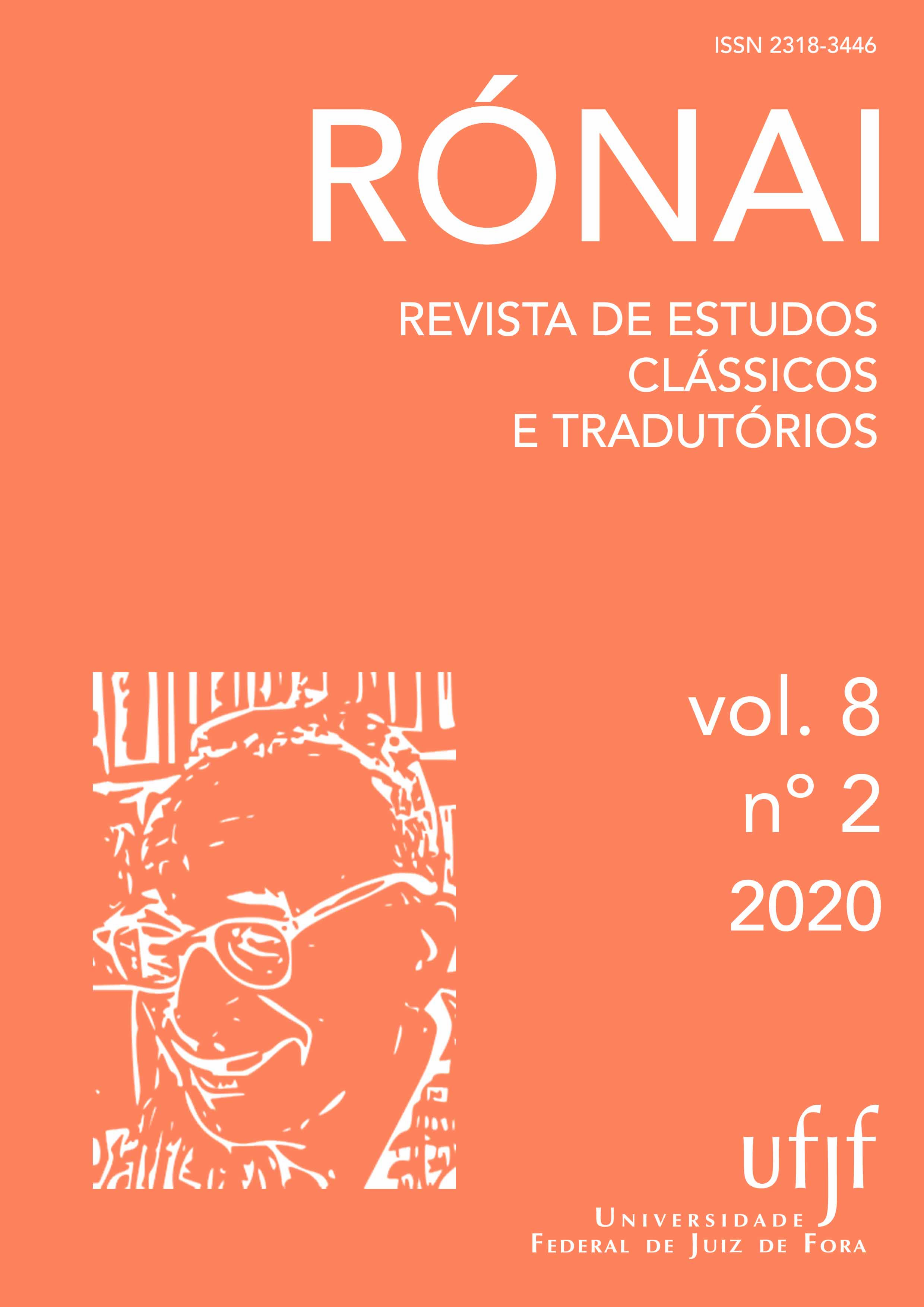Audiovisual translation: theory and practice of dubbing
DOI:
https://doi.org/10.34019/2318-3446.2020.v8.32100Keywords:
adaptation, South Park, translation, dubbingAbstract
Audiovisual translation is a relatively new and yet quite unexplored branch of Translation Studies. Despite being the main means for the enjoinment of big screen and television products, adaptation still arouses
suspicion in scholars and critics, who do not even agree on its definition. After presenting the different kinds of audiovisual translation, the article focuses on the steps of the adaptation process: linguistic challenges, technical solutions which often pass unnoticed in an analysis, constraints, the professionals involved, and, last but not least, the norms which rule and conform the field. The choice for the case study has fallen on South Park, an excellent example of challenge on multiple levels which gives the chance to analyze the actual problems every frame or line presents, and to verify victories and losses of the
job.
Downloads
References
AALTOONEN, Sikku. Time-Sharing on Stage: Drama Translation in Theatre and Society. Boston: Multilingual Matters, 2000.
CONTRATTO NAZIONALE DEL DOPPIAGGIO. Disponível em: https://aidac.it/images/pdf/ccnl.pdf. Último acesso em 14/11/2012.
FRANCO, Eliana P. C.; ARAÚJO, Vera Santiago. Questões terminológico-conceituais no campo da Tradução Audiovisual (TAV). Tradução em Revista vol. 11, n. 2, 2011.
OSIMO, Bruno. Manuale del traduttore. Guida pratica con glossario. Milano: Hoepli, 2004.
OTTONI, Filippo. Intervento A.I.D.A.C. al Media Mundus Public Hearing, 26 Giugno 2008. Disponível em: http://guide.supereva.it/doppiaggio_e_doppiatori/interventi/2008/06/333759.shtml. Último acesso em 15/07/2012.
PAOLINELLI, Mario; DI FORTUNATO, Eleonora (eds.). Barriere linguistiche e circolazione delle opere visive: la questione doppiaggio. Roma: Aidac Group, 1996.
PAOLINELLI, Mario; DI FORTUNATO, Eleonora. Tradurre per il doppiaggio. La trasposizione linguistica dell’audiovisivo: teoria e pratica di un’arte imperfetta. Milano: Hoepli, 2005.
PAOLINELLI, Mario. Doppiaggio. La traduzione odiata, Produzione e cultura, 7.1 (1993): 30-31.
PAVESI, Maria. Pronouns in Film Dubbing and the Dynamics of Audiovisual Communication, VIAL (Vigo International Journal of Applied Linguistics), 6 (2009): 89-107.
PEREGO, Elisa. La traduzione audiovisiva. Roma: Carocci, 2005.
POPOVIČ, Anton. La scienza della traduzione. Aspetti metodologici. La comunicazione traduttiva. Milano: Hoepli, 2006.
TOURY, Gideon. Descriptive Translation Studies and Beyond. Amsterdam-Philadelphia: John Benjamins Publishing Company, 1995.
SZARKOWSKA, Agnieszka. The Power of Film Translation. Translation Journal, Volume 9, n. 2, 2005. Disponível em: https://translationjournal.net/journal/32film.htm. Último acesso em 10/12/2020.
Downloads
Published
How to Cite
Issue
Section
License
Copyright (c) 2020 Adauto Lúcio Caetano Villela, Pedro Bustamante Teixeira; Eleonora Fois

This work is licensed under a Creative Commons Attribution 4.0 International License.
Copyright
The authors of the published contributions agree with the following items:
1. The authors keep the copyright and convey to the journal the right of first publication, the work being licensed under a Creative Commons Attribution License 4.0 International.
2. The authors are allowed and stimulated to publicize and distribute their work online after the publication in the journal, recognizing first publication in this journal.
3. The authors of the approved works authorize the journal to distribute their content, after publication, for reproduction in content indexes, virtual libraries and similars.
For more information about Creative Commons Attribution License 4.0 International, please, go to: https://creativecommons.org/licenses/by/4.0/deed.en
Editorial exemption
The authors of the published contributions are entirely and exclusively responsible for their contents. Its content does not represent an official position of Rónai - Revista de Estudos Clássicos e Tradutórios neither of Faculdade de Letras da Universidade Federal de Juiz de Fora or their partner institutions.



